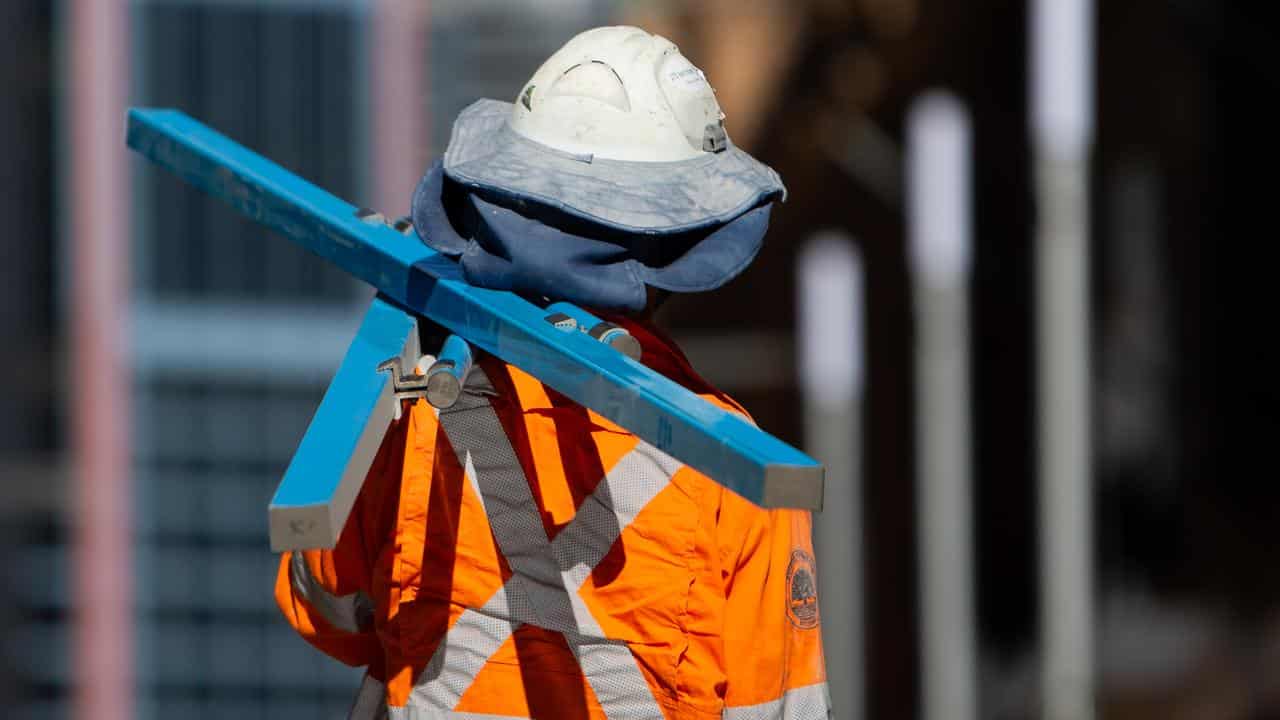
Closing loopholes in workplace laws that allow pay and conditions to be undercut is at the heart of the federal government's next round of industrial relations reform.
Casuals, labour hire workers and people using gig economy platforms will be offered stronger protections under changes introduced to parliament on Monday.
Workplace Relations Minister Tony Burke said businesses exploiting the loopholes were undercutting Australia's top employers in a race to the bottom.
For the workers affected, he said the minimum standards in awards and enterprise agreements were "words on a page with little relevance to their daily lives".
"If we want workers to be paid properly, we need to close the loopholes," Mr Burke said.
There are four main elements of the reforms, starting with a pathway for casuals to become employees if they wish.
Gig workers will have stronger protections, and there will be laws to stop businesses bringing in labour hire workers to undercut the agreed rates of pay for employees.
Wage theft will also be criminalised.
Other matters covered in the legislation include powers for the industrial umpire to set minimum standards for the road transport industry, and bolstered workplace for domestic violence survivors.
The coalition opposes the reforms, meaning the government will need support from the Greens and crossbenchers to pass the laws.
The minor party is yet to firm up its position but is expected to push for the inclusion of a "right to disconnect" from the workplace.
Opposition workplace spokeswoman Michaelia Cash said the laws would add more complexity to business and force up costs.
"Mr Burke speaks with forked tongue when he refers to closing the loopholes - this is anything but that," Senator Cash said.
"This will add complexity to an already complex system."
The Business Council labelled the changes "one of the most radical overhauls of Australia’s system in decades".
Chief executive Jennifer Westacott challenged the minister's assertion the changes would have a minimal impact.
"What has been tabled is a lengthy set of measures that no business or worker will be able to interpret or apply without the benefit of lawyers or other expert advisers," she said.
Australian Chamber of Commerce and Industry chief executive officer Andrew McKellar said the government had not made a case for the changes.
"It has not been able to outline how this legislation will enhance productivity, lift wages, or make it easier to generate more jobs," he said.
Australian Council of Trade Unions secretary Sally McManus said worker wages had been kept suppressed for too long in Australia.
"This is a great day for Aussie workers," she told reporters in Canberra.
"The laws that the government is bringing forward will give Australian workers greater job security, and it will stop employers stealing wages."